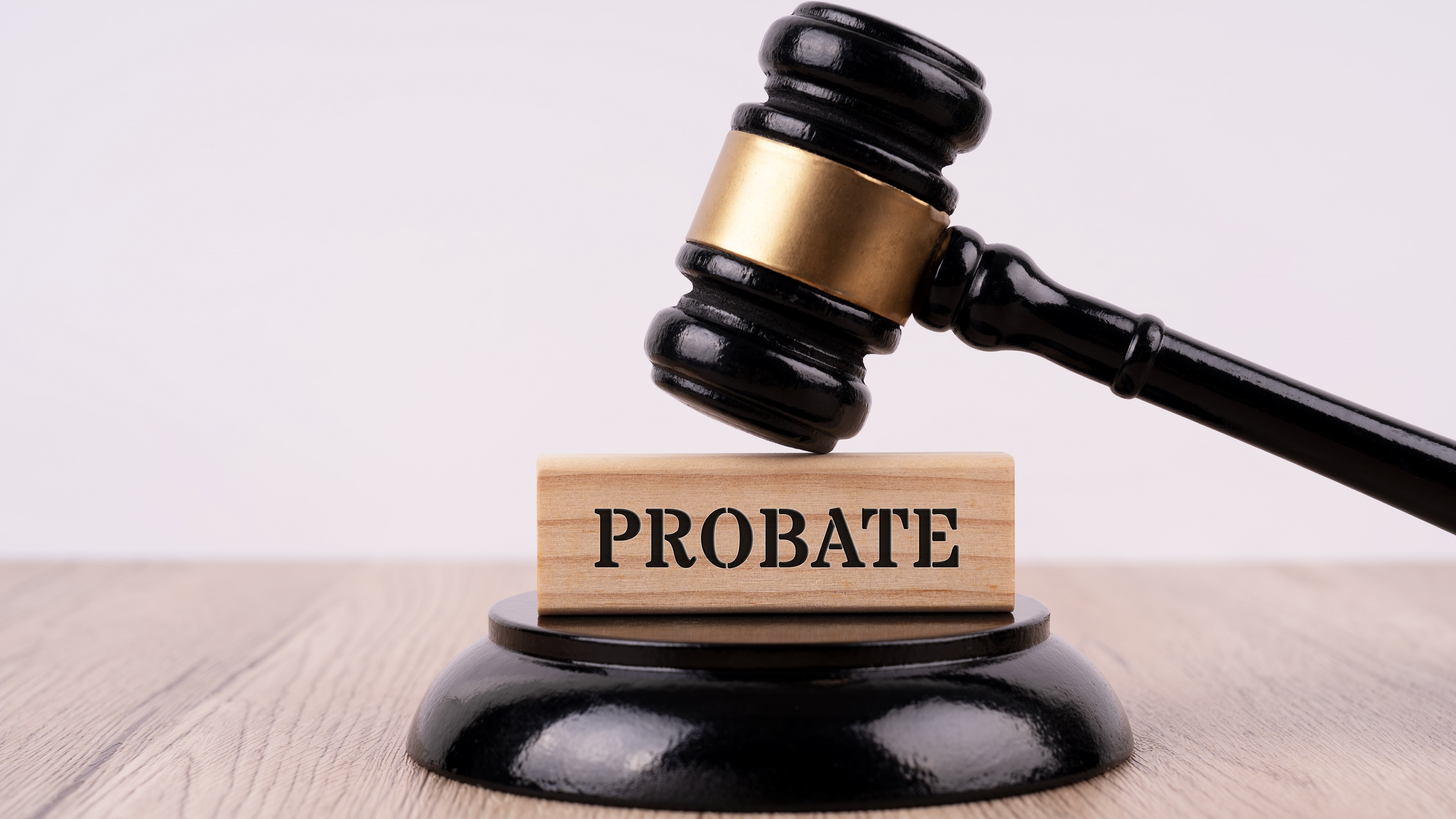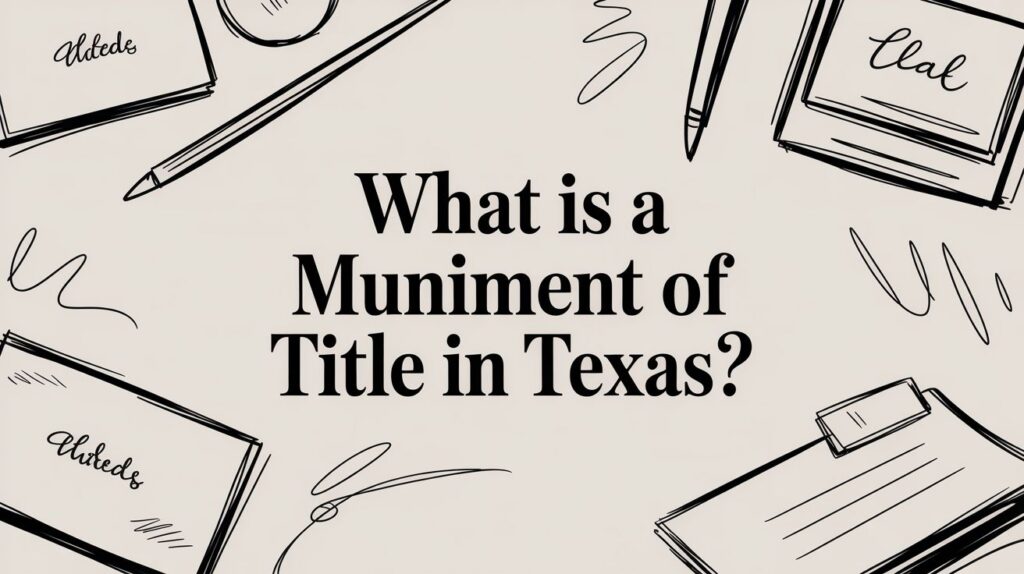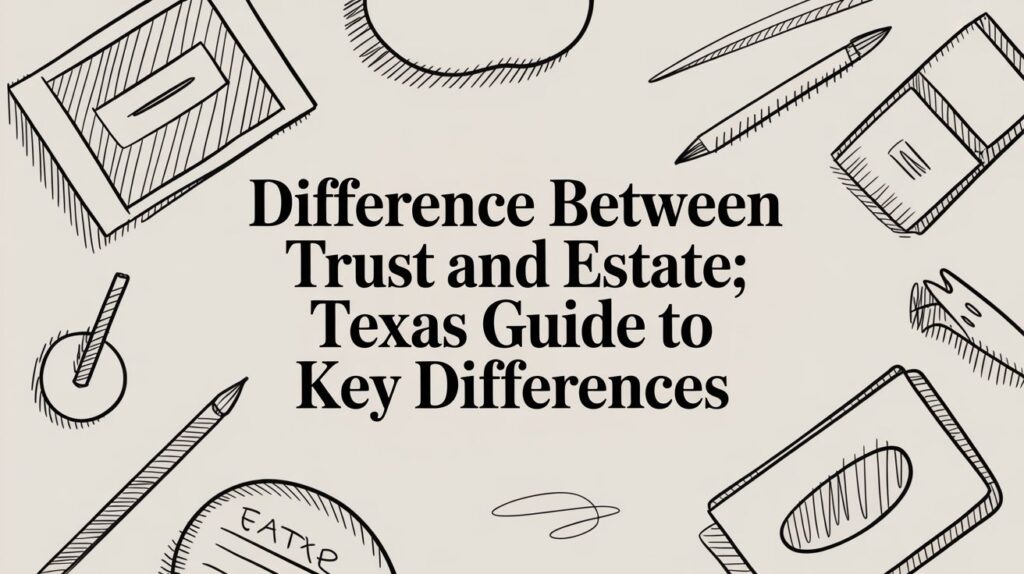Whether you’re an executor, a beneficiary, or simply someone trying to handle a loved one’s estate, navigating probate court challenges is never easy. Probate is already a time-consuming and emotionally charged legal process, but court challenges can make it even more overwhelming. Unfortunately, many people walk into probate court without a clear understanding of how the system works, and as a result, they make critical mistakes—mistakes that can delay distributions, trigger litigation, or even jeopardize the estate altogether.
In this comprehensive guide, we’ll explore the common probate mistakes to avoid in court challenges, weaving in real-life stories, practical advice, and clear explanations to help you avoid becoming another probate horror story. We’ll also break down how navigating probate court challenges effectively can mean the difference between a smooth process and years of drawn-out legal battles. If you want to keep things moving and minimize conflict, this is the article you need to read—start to finish.

What Makes Probate So Complicated?
The Emotional and Legal Mix
Probate is the court-supervised process of transferring a deceased person’s assets to their heirs and beneficiaries. While that may sound simple, the truth is that probate often blends grief, family tension, legal red tape, and money—never a great combination. That’s exactly why navigating probate court challenges requires emotional intelligence, legal know-how, and careful planning.
If just one beneficiary disputes the validity of the will, questions the executor’s actions, or suspects undue influence, the process can become combative. And unfortunately, once probate enters litigation, even the most clear-cut wills can stall out for years.
Mistake #1: Not Understanding the Will’s Language
Reading Between the Legal Lines
One of the most common probate mistakes to avoid in court challenges is failing to understand the language of the will. Many beneficiaries assume the will says what they want it to say, rather than what it actually says.
For example, the phrase “divide equally among my children” may seem straightforward. But does it mean per stirpes or per capita? What about stepchildren or adopted children? Ambiguities like these create openings for court challenges.
If you’re navigating probate court challenges and you don’t know how to interpret the will correctly, hire a probate attorney who does. Guessing can cause delays—and worse, lawsuits.
Mistake #2: Failing to Notify All Interested Parties
A Technical Error That Becomes a Legal Nightmare
Texas law—and the law in most states—requires the executor to notify all interested parties about the probate process. This includes heirs, beneficiaries, and sometimes even creditors. If just one person is left out, that could open the door to a valid court challenge later on.
For example, imagine a long-lost half-sibling wasn’t notified and only finds out about the probate proceedings after the assets are distributed. That can lead to the entire case being reopened, costing everyone time and money.
Avoid this by checking court rules carefully and ensuring that navigating probate court challenges includes fulfilling every notice obligation to the letter.
Mistake #3: Disregarding the Timeline for Filing
Deadlines Matter More Than You Think
Probate is full of deadlines—and missing just one of them can derail the entire process. Common timing errors include:
- Not submitting the will within the state’s required timeframe
- Failing to file an inventory and appraisement
- Missing the deadline to respond to a will contest
- Ignoring the timeframe to object to a creditor’s claim

Navigating probate court challenges means being aware of every important date. Courts do not take kindly to missed deadlines, even if they’re accidental. When in doubt, get legal help to stay on track.
Mistake #4: Choosing the Wrong Executor
When the “Responsible One” Isn’t the Right Fit
Appointing or confirming the wrong executor is one of the most damaging probate mistakes. Often, families name the oldest child or someone who seems responsible without realizing that being an executor is like running a business—it requires organization, legal compliance, and emotional stability.
A poor executor can:
- Fail to file court documents on time
- Mismanage estate assets
- Stir up family drama
- Face personal liability for estate losses
Navigating probate court challenges becomes much harder when the executor is inexperienced or emotionally compromised. If you’re writing a will, choose wisely. And if you’re an heir dealing with a difficult executor, consider petitioning the court for a change before things get worse.
Mistake #5: Ignoring Family Dynamics
Conflict Is More Common Than You Think
Here’s a truth that’s hard to swallow: probate doesn’t create family conflict—it reveals it. Brothers stop speaking. Cousins contest wills. Adult children accuse stepparents of hiding assets.
If you pretend everything will go smoothly because “we’re a close family,” you’re more likely to be blindsided. This is one of the most dangerous probate mistakes to avoid in court challenges because emotions cloud judgment and escalate tension.
If you suspect tension may arise, address it early. Consider:
- Holding a family meeting
- Using a mediator
- Keeping all communication transparent
- Documenting everything
Anticipating problems is often the best way to avoid them. That’s a core part of navigating probate court challenges strategically.
Mistake #6: Failing to Keep Accurate Records
Paper Trails Prevent Lawsuits
Executors must document every step: payments made, assets sold, taxes filed, and communications with heirs. Failing to maintain proper records is one of the fastest ways to land in probate court litigation.
If a beneficiary claims you misused funds and you don’t have receipts or logs, the court may side with them by default. This also includes keeping copies of:
- Inventory submissions
- Tax returns
- Disbursement receipts
- Bank account statements
In navigating probate court challenges, records are your shield. They show the court—and the heirs—that you’re managing the estate in good faith.
Mistake #7: Trying to DIY a Complex Probate
You Can’t Google Your Way Through Probate Court
It’s tempting to avoid hiring a lawyer to save money, especially when the estate seems straightforward. Butprobate lawis complicated, and each case can come with its own landmines.
Attempting to navigate probate without legal help can result in:
- Improper asset distributions
- Missed filings or court appearances
- Invalid notices
- Failure to address creditor claims
If the estate involves multiple properties, minor children, debts, or foreign assets, don’t try to do it yourself. Get professional guidance—it pays off in fewer mistakes and faster resolutions.

Mistake #8: Overlooking Non-Probate Assets
Not Everything Goes Through the Court
Another major misunderstanding that causes confusion is assuming all assets must go through probate. In reality, many assets bypass probate entirely if they have designated beneficiaries or are held in a trust.
These include:
- Life insurance policies
- Payable-on-death bank accounts
- Joint tenancy property
- Retirement accounts with named beneficiaries
- Assets in a living trust
If you’re navigating probate court challenges, don’t waste time arguing over assets that legally bypass probate. Understanding which assets are and aren’t part of the estate is critical.
Mistake #9: Disregarding Creditor Claims
The Estate Must Pay What It Owes
Before heirs can receive a dime, valid debts must be paid. Failing to handle creditor claims appropriately can lead to serious legal consequences—including lawsuits against the estate or the executor.
Common missteps include:
- Ignoring official claims filed with the court
- Paying beneficiaries before resolving debts
- Failing to publish required creditor notices
- Paying off the wrong debts first
Navigating probate court challenges means prioritizing debts according to law. Don’t assume you can skip this part or handle it informally—creditors have rights too.
Mistake #10: Rushing to Close the Estate
Moving Too Fast Can Backfire
After months of court hearings, paperwork, and family drama, it’s understandable to want the process over. But closing the estate prematurely is risky.
If you distribute assets before:
- All taxes are paid
- All claims are resolved
- All necessary documents are filed with the court

…you could be held personally liable as the executor.
Take your time. Get final court approval before closing. And don’t cut corners—because mistakes at this stage are the hardest to undo.
Real-World Story: The Case of the Contested Will
In Austin, Texas, a family went to probate court with what they believed was a valid will. It left the estate equally to three siblings. But during the proceedings, a caregiver produced a second will dated two months later, giving her everything.
Because the family hadn’t hired a lawyer and failed to notify certain extended relatives, the court allowed the caregiver’s challenge. The siblings spent three years in probate court, racking up nearly $100,000 in legal fees—only to lose the estate entirely.
It’s a cautionary tale that highlights just how important it is to avoid common probate mistakes during court challenges and to take every step seriously.
Final Thoughts on Common Probate Mistakes to Avoid in Court Challenges
The probate process isn’t easy—but it doesn’t have to be a disaster either. With the right knowledge, mindset, and professional guidance, you can navigate it successfully. The most important takeaway? Navigating probate court challenges starts before you even step into the courtroom. It begins with planning, clear communication, accurate records, and a commitment to doing things by the book.
Avoid the common mistakes: choose the right executor, don’t cut corners, follow the rules, and treat the process with the seriousness it deserves. Whether you’re managing a loved one’s estate or preparing for your own future planning, understanding these mistakes and how to avoid them is one of the smartest legal moves you can make.








